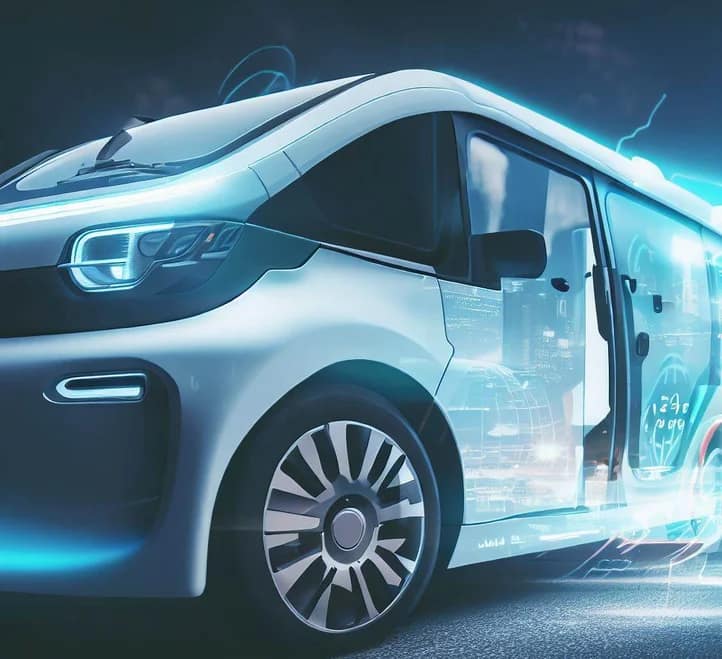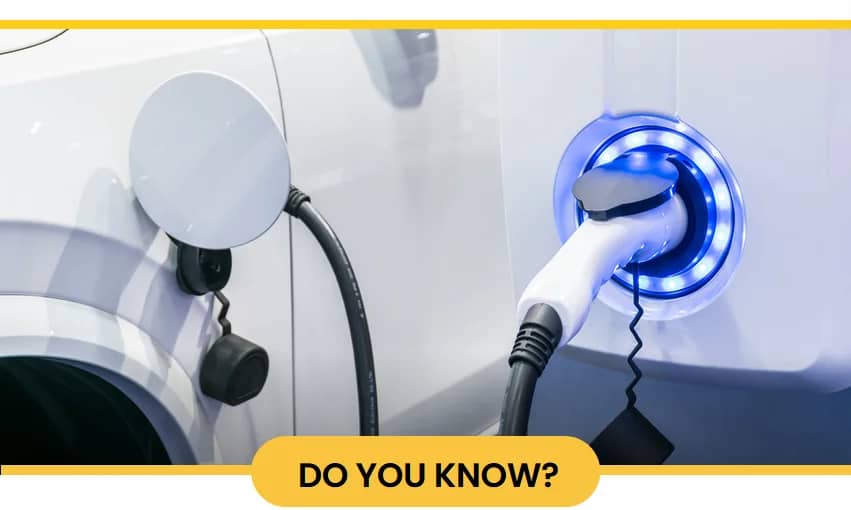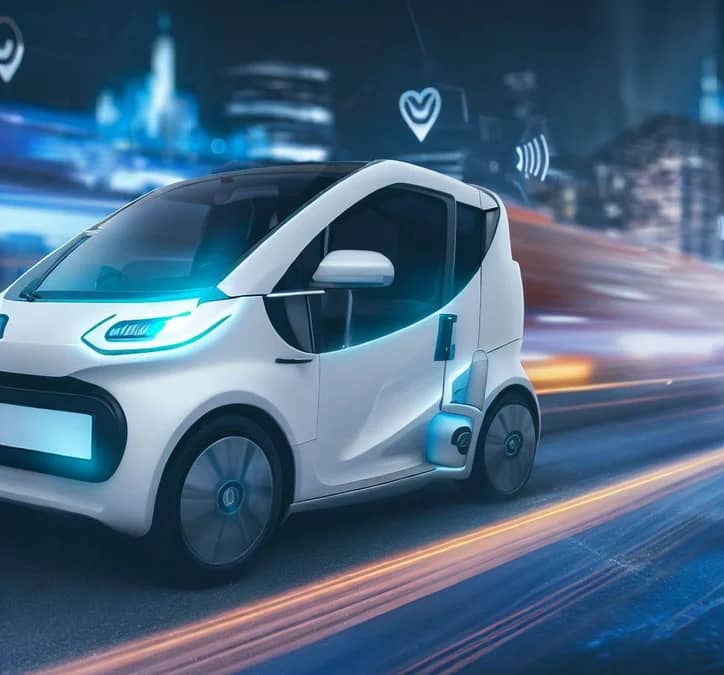Electric vehicles (EVs) are rapidly growing in popularity as more consumers seek to reduce their carbon footprint and nations push towards emission reduction goals. However, despite quickly improving EV technology, range anxiety remains one of the biggest hurdles limiting mass EV adoption. EV drivers want the freedom to travel without worrying about running out of charge and being stranded.
This is where EV roaming, also known as eRoaming, comes in. eRoaming delivers the true “charge anywhere” experience, enabling EV drivers to charge seamlessly across regions, borders, and charging networks. With eRoaming, EV drivers can use any participating electric mobility service provider’s (EMSP) charging stations when traveling outside their home service area. Just like cell phone roaming allows you to connect to another carrier’s network when traveling abroad.

For EV drivers, this eliminates range anxiety and provides complete freedom of movement. For EV charging providers, eRoaming maximizes the use of charging infrastructure by allowing access to a larger pool of potential customers. Overall, seamless roaming creates a win-win environment that will accelerate EV adoption.
The concept behind EV roaming is simple – provide EV drivers with easy access to a wide charging network so they can charge anywhere they travel. However, delivering a seamless, uniform charging experience across multiple service providers is profoundly complex. It requires extensive coordination and technology infrastructure.
At its core, eRoaming involves formal agreements between charge point operators (CPOs) that own EV charging stations and the EMSPs that manage customer accounts and handle billing.
Read More: white label charge point software

Just like mobile carriers establish roaming agreements. With agreements in place, EMSPs can authorize their subscribers to charge at CPO stations outside their home territory.
Seamless customer charging also requires networks to share real-time data on charger status and availability. Open protocols like the Open Charge Point Interface (OCPI) allow this real-time communication between different charging management systems.
On the customer side, eRoaming is enabled through charging apps and radio frequency identification (RFID) cards provided by EMSPs. Drivers can use their “home” provider app or card to locate and activate any participating charging station. The EMSP handles all billing and incorporates charges into the customer’s regular invoice.
The top benefit of eRoaming is to drastically improve charging availability for EV drivers. With roaming agreements connecting charging networks across vast territories, drivers enjoy massively expanded charging access.
Roaming turns the patchwork of individual charging networks into one seamlessly connected charging ecosystem. EV drivers can travel to new regions and across country borders, confident they’ll be able to find a compatible public charging station.
Expanded charging access enables EV drivers to undertake longer trips with less anxiety about running out of charge. Charging compatibility and availability are no longer a worry.
Knowing they can conveniently charge anywhere reduces the mental stress around range. This “charge anywhere” experience is key to convincing more drivers to go electric.

eRoaming also provides a uniform user experience across charging stations operated by different providers. EV drivers don’t need to figure out how to activate and pay for charging at different company stations.
With a single EV charging app or RFID card, the charging process is identical regardless of which underlying CPO operates the station. This consistency and predictability enhance the charging experience.
For CPOs and other charging providers, eRoaming massively increases the utilization of their EV charging infrastructure. Instead of only serving local customers, opened roaming allows providers to serve any EV driver traveling through their service territory.
More charging volume means higher revenue potential. EV roaming also allows smaller regional networks to offer their customers seamless charging across huge territories by partnering with larger providers.
The ability to charge at more stations over wider areas makes an EMSP more attractive to potential EV customers. With roaming, EMSPs can leverage partnerships to cover more territory and reduce driver worries about out-of-network charging.
Even new market entrants can offer excellent coverage via roaming. This perk of instant infrastructure helps promote customer acquisition and retention for EMSPs.
To deliver seamless roaming across disparate charging networks requires tremendous coordination and technical sophistication. Here is an overview of how the various players and components fit together:
Delivering seamless EV roaming requires real-time coordination between these elements. The driver’s experience belies this complexity, with roaming charging feeling as simple as using a credit card while traveling abroad.
Roaming platforms are rapidly expanding as more networks participate. Major European roaming hubs like Hubject already connect hundreds of charging providers across dozens of countries. Major North American charging networks also enable roaming across the continent.
Global roaming will be the next phase of development as EV adoption accelerates worldwide. With major automakers planning massive EV rollouts in the 2020s, seamless global roaming will be essential to support international travel.
Technologies like embedded vehicle charging and enhanced smart charging will also evolve roaming capabilities. As EVs become mobile charging nodes on the grid, vehicle-to-grid (V2G) systems will enable dynamic electricity flow during roaming events.
Despite the current complexity, the EV roaming ecosystem is still in its infancy. As technology improves and more networks participate, roaming will play a pivotal role in transitioning the world to sustainable electric mobility.
EV roaming delivers the seamless charging experience necessary to convince more drivers to go electric. By providing “charge anywhere” access, eRoaming alleviates range anxiety, increases network utilization, and creates a consistent charging process for EV customers.
Despite requiring immense coordination between CPOs and EMSPs, eRoaming platforms are rapidly expanding as more providers recognize the technology’s win-win potential. As roaming ecosystems grow and become more interconnected, EV drivers will enjoy enhanced freedom of movement and the clean mobility revolution will continue gaining momentum.